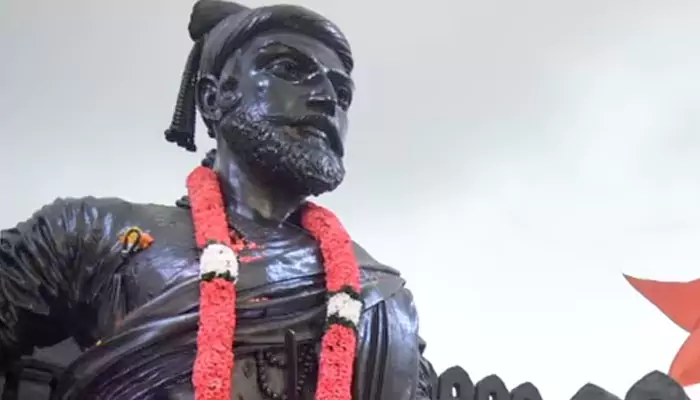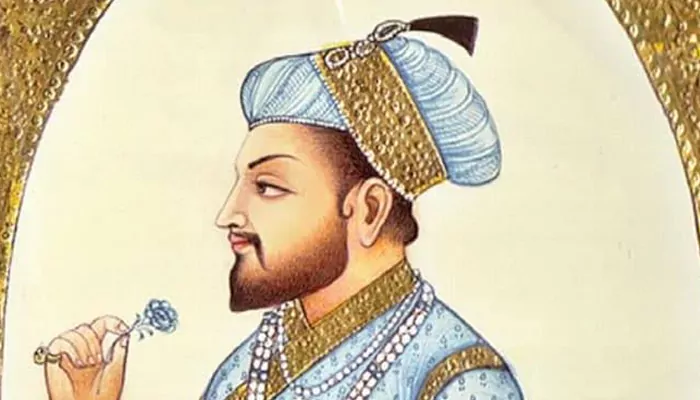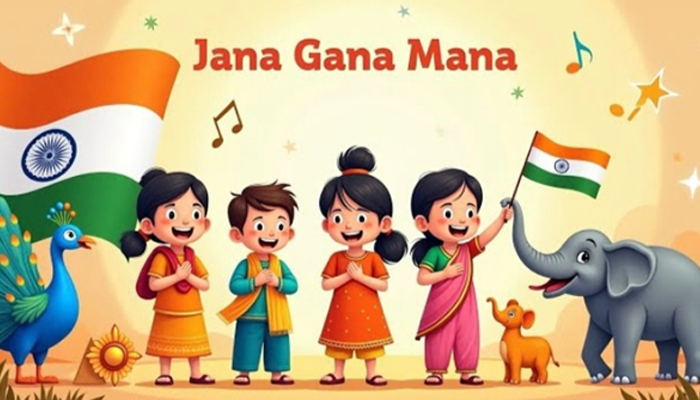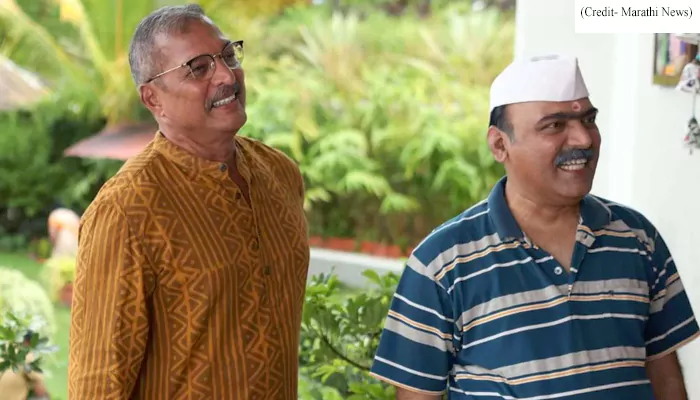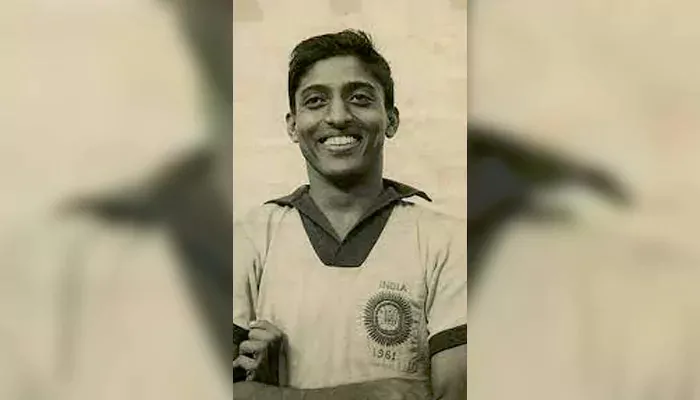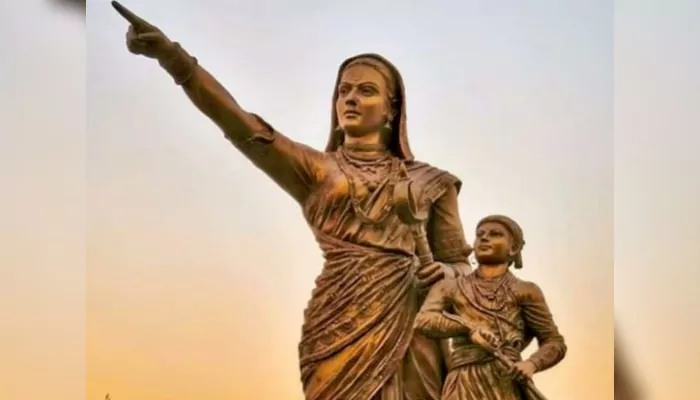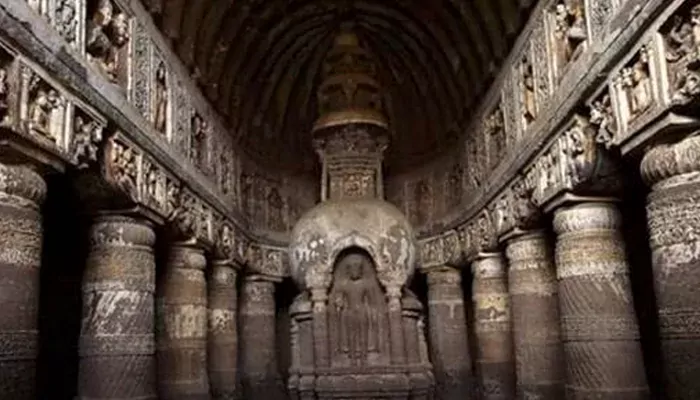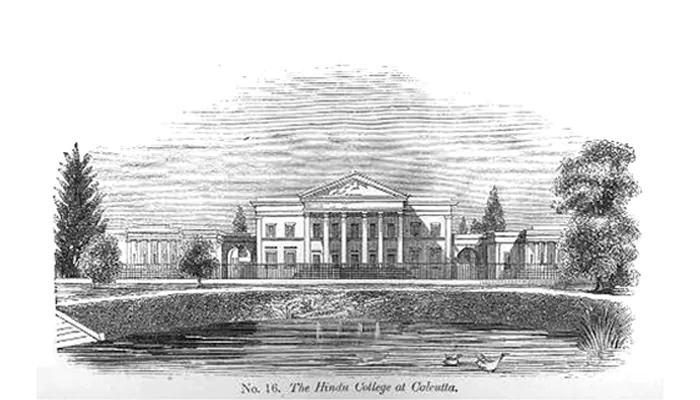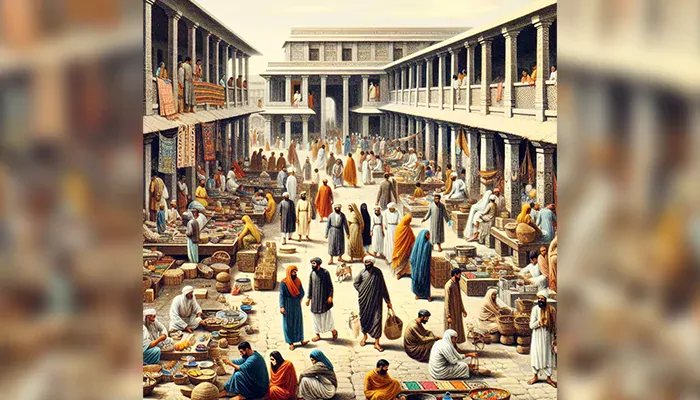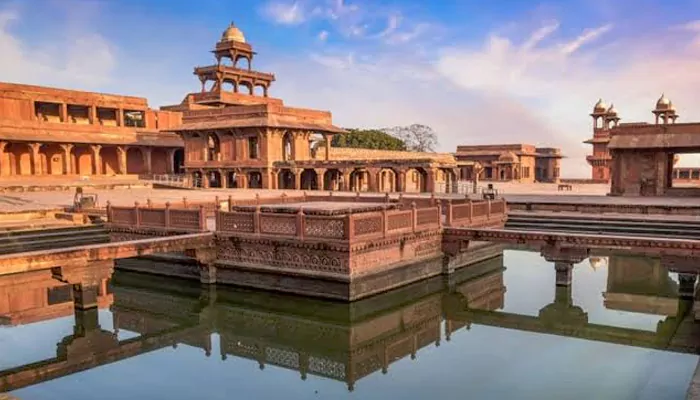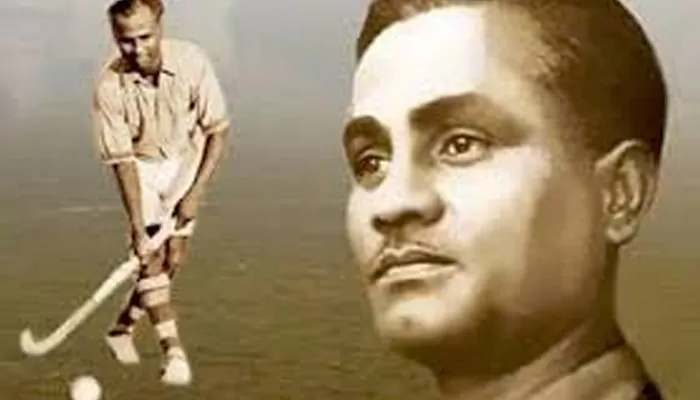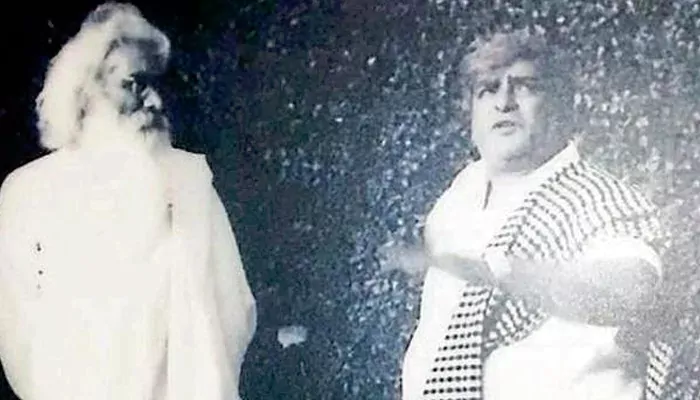India On Wheels: Five Personalities Who Shaped the Automotive Industry Post Independence
- Rohit Chatterjee
- 6 months ago
- 4 minutes read
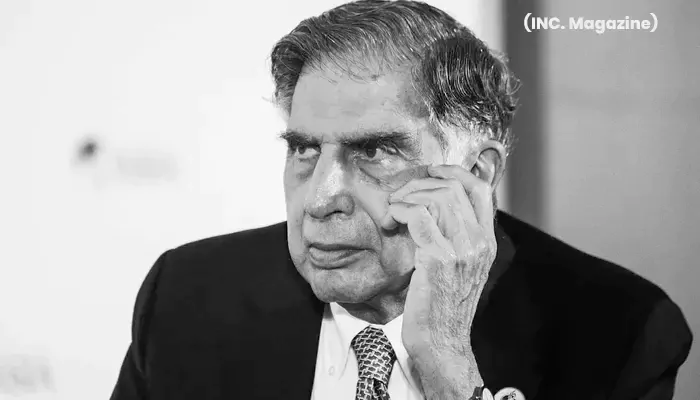
The Indian automotive/automobile industry has been constantly headed by businessmen and politicians.
India gained its independence in 1947, and 79 years later, as we have mentioned on repeated occasions, India stands as one of the biggest automobile hubs in the world. For nearly eight decades, while the majority of political leaders, scientists, engineers, and businessmen were engaged in handling what they felt were more "important" issues, a handful of people focused on the automobile sector of India, which proved to be a visionary move.
As the nation celebrates its 79th Independence Day, we pay tribute to those who have contributed significantly to India's growth and the development of its automobile industry, standing it in good stead in a world of competitors.
Indira Gandhi

From a political point of view, a lot can be written against the former Prime Minister Indira Gandhi, and several positives can be written for her. However, on the positive side, people often overlook her role in giving India its first indigenous people's car. Yes, the idea belonged to her late son, Sanjay Gandhi, who started the controversial Maruti Motors Limited, but it was the late Indira Gandhi who ensured Sanjay's dream became a reality in 1983 with the Maruti 800.
PV Narasimha Rao

Known as the 'father of economic reforms in India,' the then Prime Minister PV Narasimha Rao not only liberalised the country's economy in 1991 but also went a step further and delicensed the Indian auto industry, welcoming international automakers to India with open arms. The world finally tapped the last untapped automobile market, which is now becoming bigger than ever.
Ratan Tata
Ratan Tata needs no introduction, as we are well aware of the story that led to the formation of Tata Nano, a car meant for the lower-middle class, even though it failed. However, many may not be aware of Tata's first fully indigenous car, Indica, launched in 1998, which took the market by storm in the hatchback segment for its power, efficiency, and reliability. After the 800 and before the Swift, this was the option the majority of Indians went for.
Siddharth Lal

Siddharth Lal, son of Vikram Lal, the founder of Eicher Group, inherited the Eicher Group, which subsequently purchased Royal Enfield. However, he is not your average example of nepotism. The man with a master's degree in automotive engineering studied the success stories and strategies of multiple retro motorcycle companies in the world. His brain also brought fresh ideas, and when all components were mixed, Royal Enfield reemerged as a brand from the verge of bankruptcy. Today, Royal Enfield is a global brand from India that doesn't sell motorcycles—it sells a lifestyle.
Anand Mahindra

Years before Mahindra, Tata ventured into the world of SUVs. However, the SUV fever in India was started by Anand Mahindra. After all, it was Anand Mahindra who took the bold step of not collaborating with Ford to develop the Scorpio, as that would've hampered Mahindra's independence. Today, the majority of India wish to drive an SUV.
Rajiv Bajaj

Similar to Siddharth Lal, Rajiv Bajaj, too, inherited his place in Bajaj Auto. However, today, if Bajaj is the world's largest two-wheeler maker, it is because of Rajiv and his brain. Be it giving India its first sports bike in the 150cc-200cc segment or bringing KTM to India at an affordable price tag, it's all the doing of Rajiv Bajaj. In 2017, Bajaj also collaborated with Triumph to produce mid-sized single-cylinder motorcycles, and today, our streets are getting crowded with Triumphs.
Nitin Gadkari

Last but not least, Nitin Gadkari, the 40th Minister of Road Transport & Highways, is one of the finest politicians we have seen in India in our lifetime—a minister who takes his role very seriously. Today, India boasts hundreds of expressways, conducts safety crash tests, promotes electric vehicles, and has subsidiaries that issue 120 km/h speed warning buzzers, FASTag, and more. This progress is primarily due to Nitin Gadkari's initiatives, which genuinely aim to bring the Indian automobile industry on par with its counterparts in developed nations.

